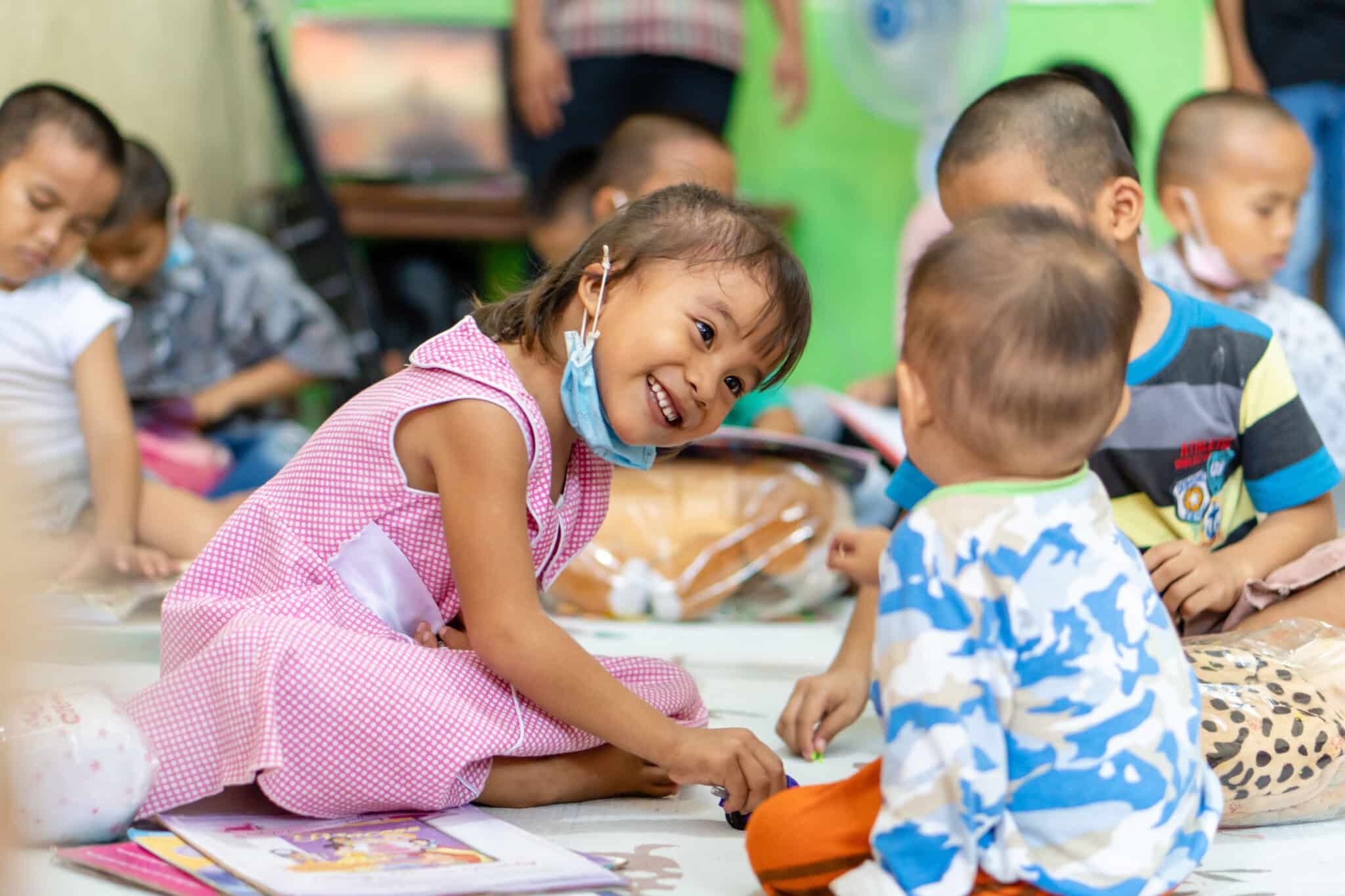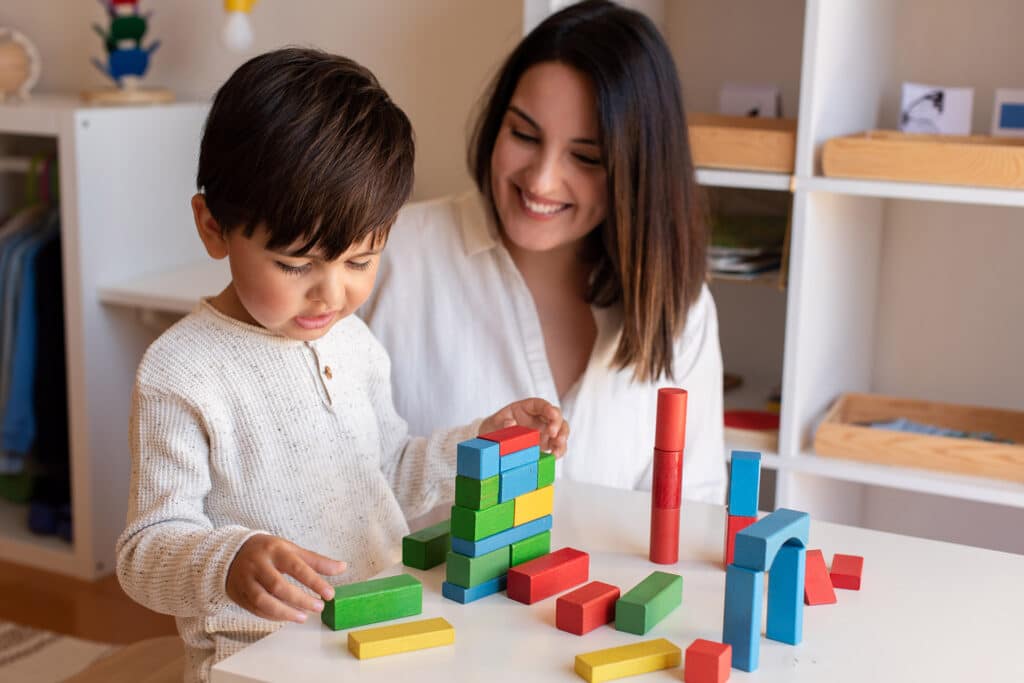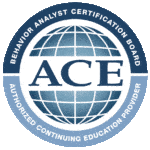Most Important Social Skills for Kids to Have
Written By: Michelle E. Sisto, MS CCC-SLP TSSLD S

As a speech language pathologist, one of the most frequent questions I receive is “why are you working on social skills?” Social skills fall under the umbrella term of communication. Social skills or pragmatic language is how and why we use language to interact with other people. This does not simply cover greetings and asking other people questions. Pragmatic language also encompasses gestures and facial expressions, as well as following hidden social rules (turn taking when talking, maintaining topic of conversation, knowing how close to stand near a person when engaging with them).
Along with expressive and receptive communication, speech language pathologists support individuals with understanding the ambiguous world of social cues. This looks like teaching individuals to request items instead of demanding it. It also looks like initiating and responding to greetings, knowing how and when to maintain or change conversation topics, and understanding abstract language, such as sarcasm, idioms, and humor.
Parents often ask me “what are the most important social skills for my child to possess?” I often answer that it is not one specific skill that dominates the others. Social skills work together to create an environment where individuals can work together, build relationships, and diminish frustrations and misunderstandings. Below, I have outlined the top five social skills I always start with, when first working on pragmatic language with my clients.
- Sharing and cooperating: For kids, sharing and cooperating looks like working together, but as adults, sharing and cooperating looks like developing projects together. Sharing and cooperating are the underpinnings of many of our foundational skills we use as adults. To target these skills, one activity is working on a shared activity, such as puzzles or grocery store. I will provide models of sharing and turn taking, giving verbal phrases, such as “my turn” and “your turn” to help develop these skills.
- Greetings: Greetings are the foundation and start of any conversation, interaction, and relationship. This looks like focusing on verbalizations (hi and bye), gestures (waving and hand shaking), and facial expressions (smiling and looking towards the other person). This is an important lifelong social skill for all areas of their lives. To target greetings, model greetings throughout the day, during different activities. It is also vital to express and identify the different greetings that are possible to use. I always allow the children I work with to choose the greeting they want to use when initiating an interaction with someone.
- Waiting and turn taking: In all areas of life, waiting often occurs, whether it be at the grocery store checkout counter or wanting a book another person has. Learning to wait and turn take is beneficial so that children don’t become frustrated or upset when needing to wait. To support this skill, teach children coping strategies, such as breathing, counting, or choosing to do something else, to help them work through difficulties with waiting. I also validate their feelings and empathize with how difficult waiting can be, using social stories, to help them remove themselves from the situation and help them with the wait time and turn taking.
- Following directions: Although following directions is firstly a receptive (understanding) language skill, following directions is also a social one. Following directions is key, specifically when playing a game or in emergencies. Following directions helps kids complete tasks and understand expectations. Some ways to promote following directions is playing a game and outlining the rules and expectations at the forefront. Using visuals to visually depict directions is also helpful, as kids can check off when a direction is complete and to keep them on tasks as to what comes next. This is very similar to an adult’s to do list keeping them on task.
- Listening to Others: Listening goes hand in hand with following directions. Listening shows that you care what another person has to say. By teaching this skill, kids are taught to focus on another person and their message. To teach this skill, first work on removing and minimizing distractions and teach children to focus on what is being said to them. It is also helpful to have children repeat back and summarize the information to ensure they have absorbed and understand.
In summary, social skills are more than turn taking and sharing. They are the underpinnings and foundations of all of our relationships. It is vital to support these skills because without them other skills will be impacted. Social skills are not always innate and spontaneously learned. Sometimes, they need to be explicitly taught. Once you select the target goals, pick activities that align with the skills and build upon the skills to really enhance all of the child’s skills.
Date Posted:
January 11, 2023
Share this blog
Categories
Recent Blog Posts








